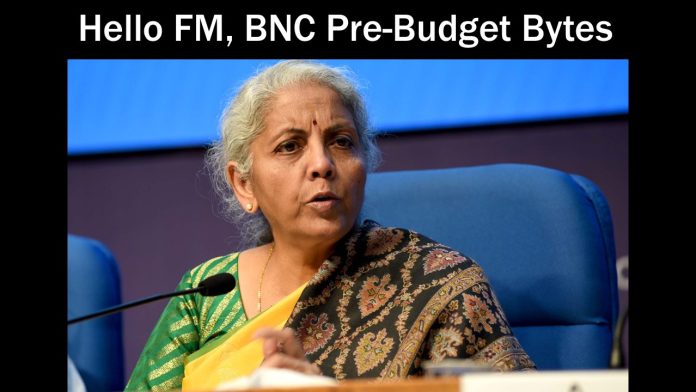FM must address the GST compliance challenges by MSMEs and startups
By MUKUL GOYAL
Co-Founder of Stratefix Consulting
The upcoming budget offers a critical opportunity to empower MSMEs and startups, which are central to India’s economic growth. While the recently introduced credit guarantee scheme is a welcome step, there is an urgent need for a Working Capital Support Guarantee to address liquidity challenges, especially for MSMEs managing day-to-day operations. Export-oriented MSMEs, contributing nearly 49% of India’s exports, could particularly benefit from tailored credit access and interest subsidies. Simplified compliance structures and faster grievance redressal systems would further reduce operational burdens and improve efficiency.
To enable MSMEs to thrive in the digital economy, the government should launch a Digital Acceleration Fund, providing interest-free loans or grants for AI, IoT, and cloud adoption. Additionally, initiatives like the Skill 2.0 Initiative and Skill Credits could bridge the growing skill gap by encouraging MSMEs to invest in upskilling their workforce in emerging technologies. These measures would enhance employability and help MSMEs compete globally.
Fostering innovation is equally crucial. Offering R&D tax credits and establishing sector-specific innovation hubs, particularly in manufacturing and agri-tech, can promote entrepreneurship and sustainable growth. These hubs could provide resources, mentorship, and funding for startups, especially in Tier-2 and Tier-3 cities, boosting local economies.
Addressing GST compliance challenges is also essential. Easing norms, raising the mandatory e-invoicing threshold, and harmonizing input tax credits would help MSMEs manage cash flows better. Revising GST slabs for essential raw materials would further reduce input costs and improve margins.
By addressing these critical areas, the budget can create a robust ecosystem for MSMEs and startups, driving innovation, digital transformation, and sustainable growth. This comprehensive approach will enable these sectors to contribute significantly to India’s $5 trillion economy vision.”




